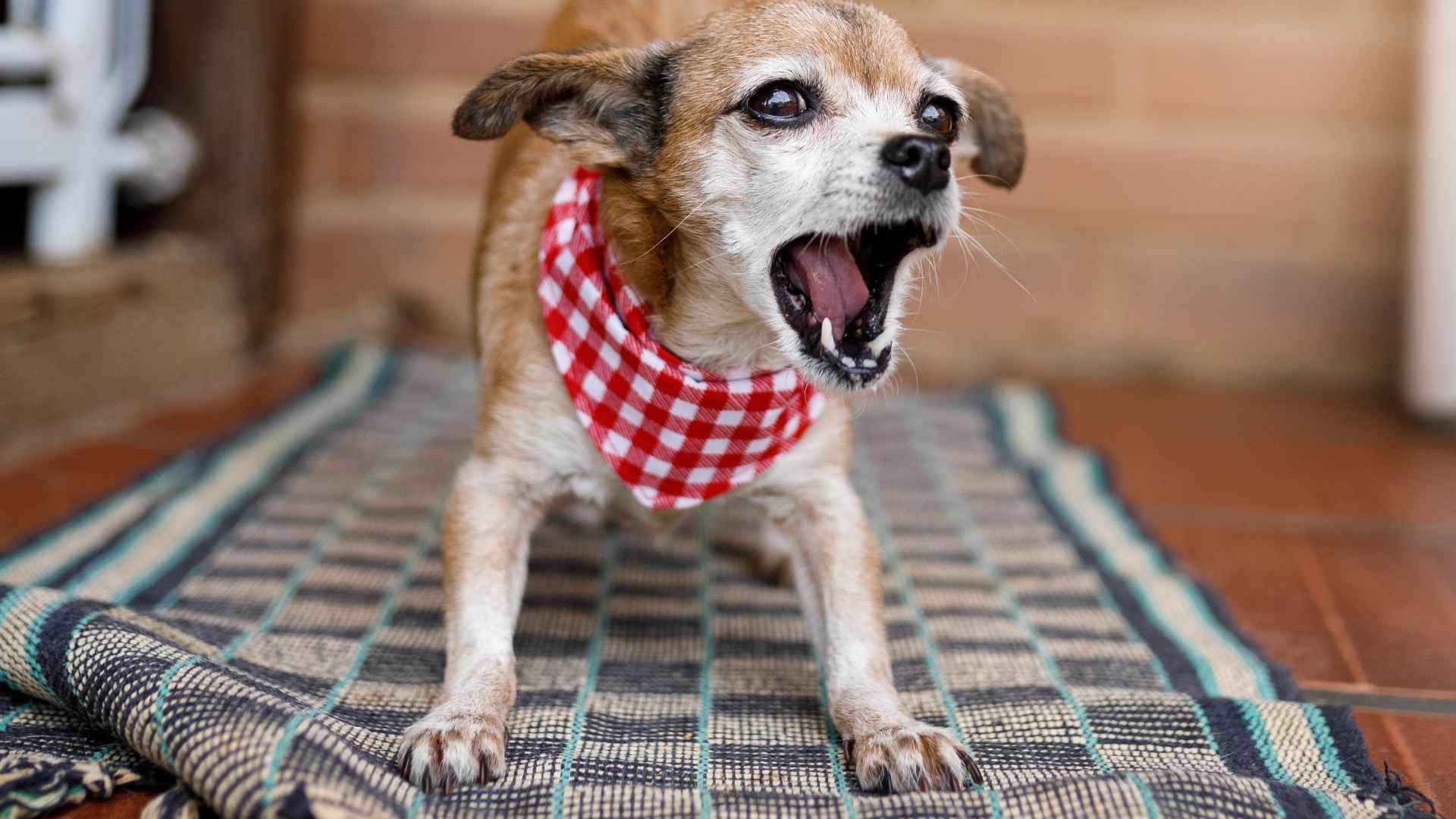Some dogs don’t just observe the world—they react to it, instantly and intensely. These are the highly reactive breeds. They’re not naturally aggressive, but they’re wired to notice everything: sights, sounds, strangers, and sudden movement. This reactivity can become focus, drive, and loyalty in the right hands. In the wrong environment, it can become overwhelming for both dog and owner.
Highly reactive dogs are highly intelligent, emotionally sensitive, and alert. These breeds are bred for work: guarding, herding, protecting, and responding quickly. It’s what makes them excellent partners for experienced handlers—but a challenge for first-time owners.
In this guide, we’ll explore seven breeds known for their reactivity and responsiveness. We’ll break down what drives them, how it shows up in daily life, and what kind of training and environment help them thrive.
Highly Reactive Dog Breeds
1. German Shepherd
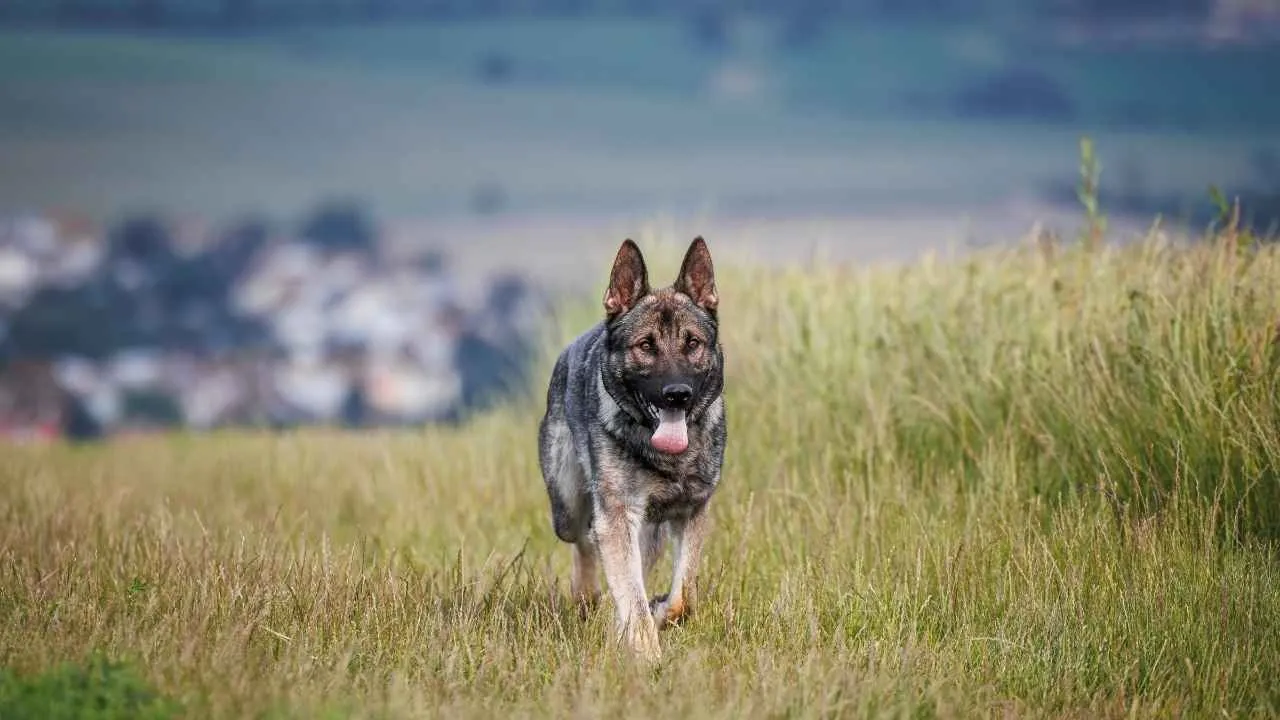
The German Shepherd is the gold standard for working dogs—loyal, alert, and perceptive. This breed is often reactive, not because it’s anxious, but because it’s highly tuned in to its environment. Every sound or movement registers, and the dog is ready to respond.
The German Shepherd’s combination of intelligence and protective instinct makes it so reactive. Bred for guarding and herding, it was designed to notice and respond to anything out of place. It’s a fast thinker and a fast mover.

Physically, the breed is powerful and agile, with a sharp, alert stance. Its ears perk up at the slightest noise, and its body language shifts quickly in response to stimuli. This makes them fantastic watchdogs, but it can escalate to overreaction without direction.
Training is essential. As per the AKC, German Shepherds thrive under clear leadership and consistent expectations. Without it, they can become anxious, hyper-vigilant, or controlling. Early socialization is key to helping them separate real threats from harmless noise.
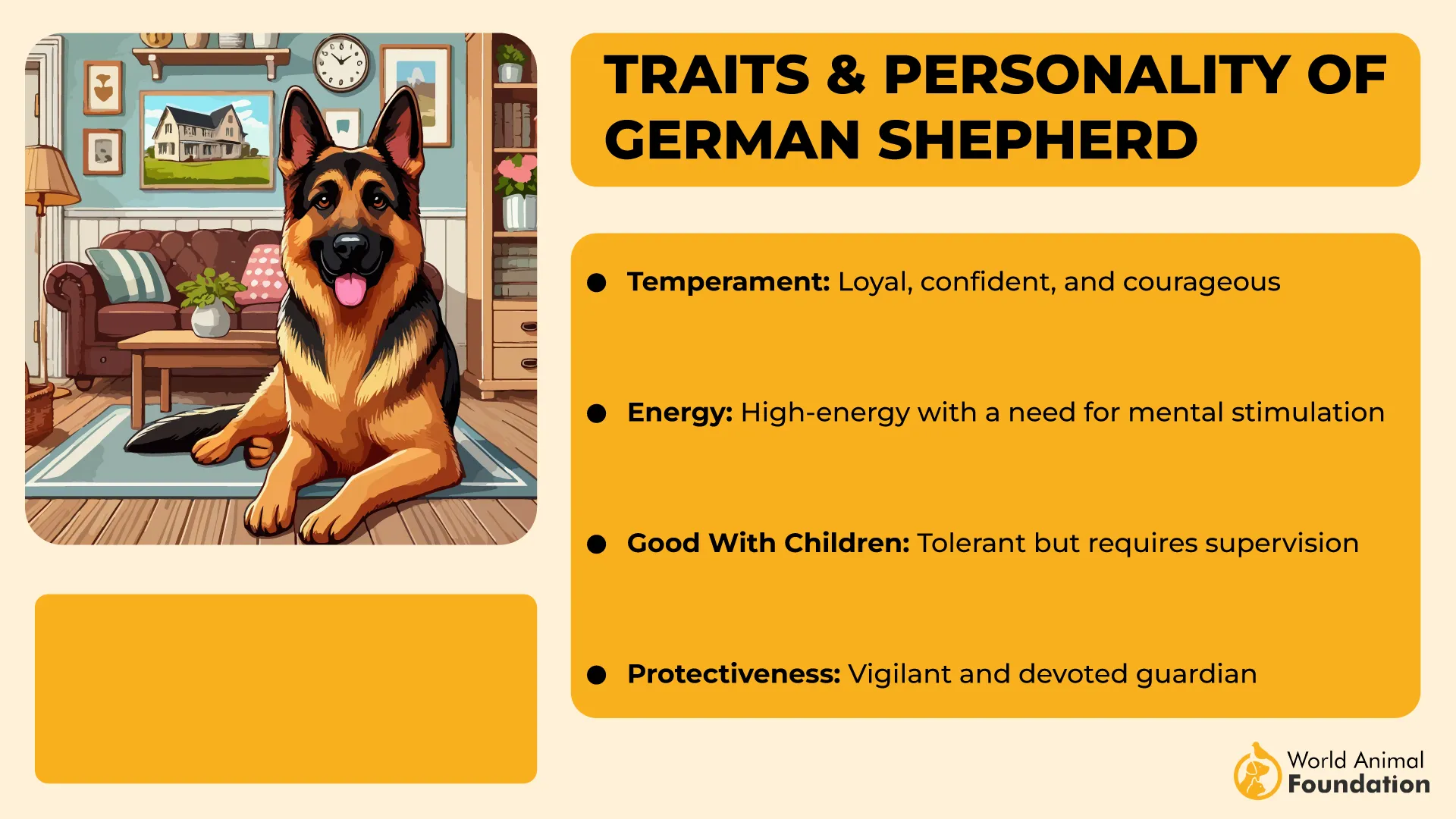
For experienced owners willing to guide them, German Shepherds turn their reactivity into reliability. Their loyalty, focus, and responsiveness make them one of the most dependable companions you can find.
2. Belgian Malinois
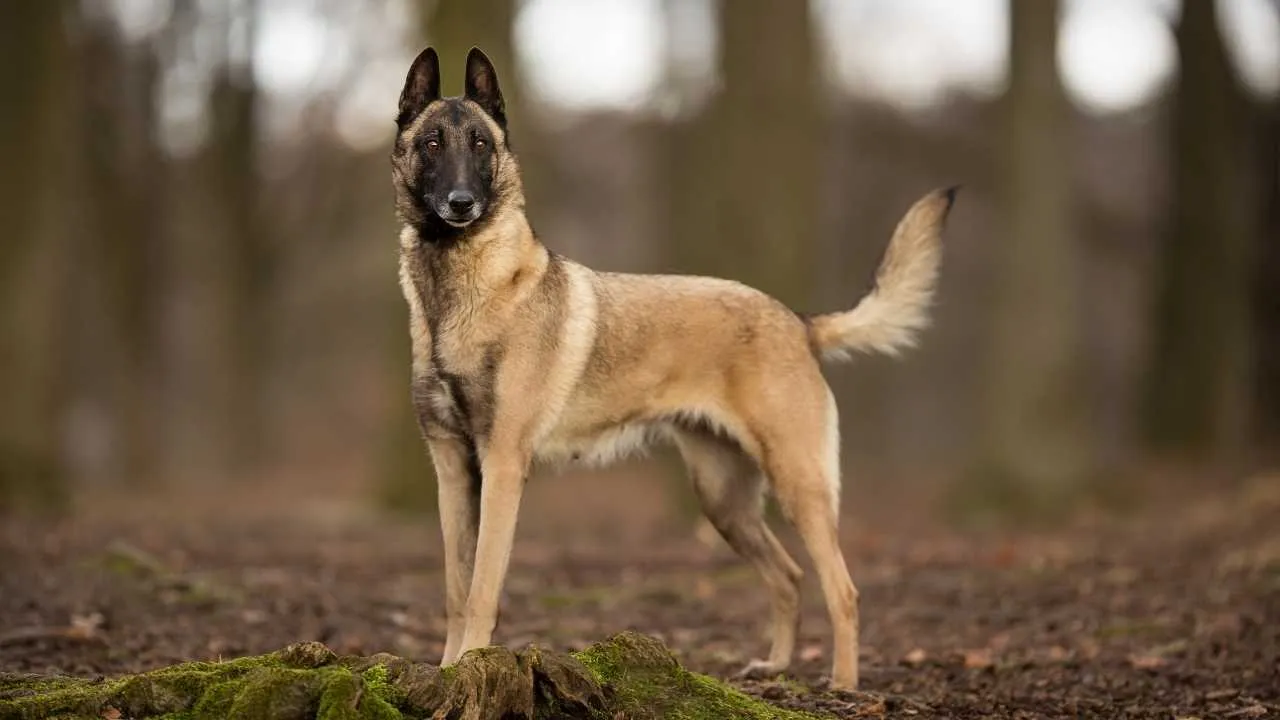
The Belgian Malinois takes the reactiveness up a notch. This breed is intense in motion—always alert, always ready. It’s a favorite among military and police units for its speed, drive, and focus, but that same energy can be overwhelming for the average household.
Malinois reactivity comes from their unmatched work ethic. They don’t just want to be busy—they need to be. Every sound, shadow, or movement could be a cue to act, and they’ll be the first to notice it.
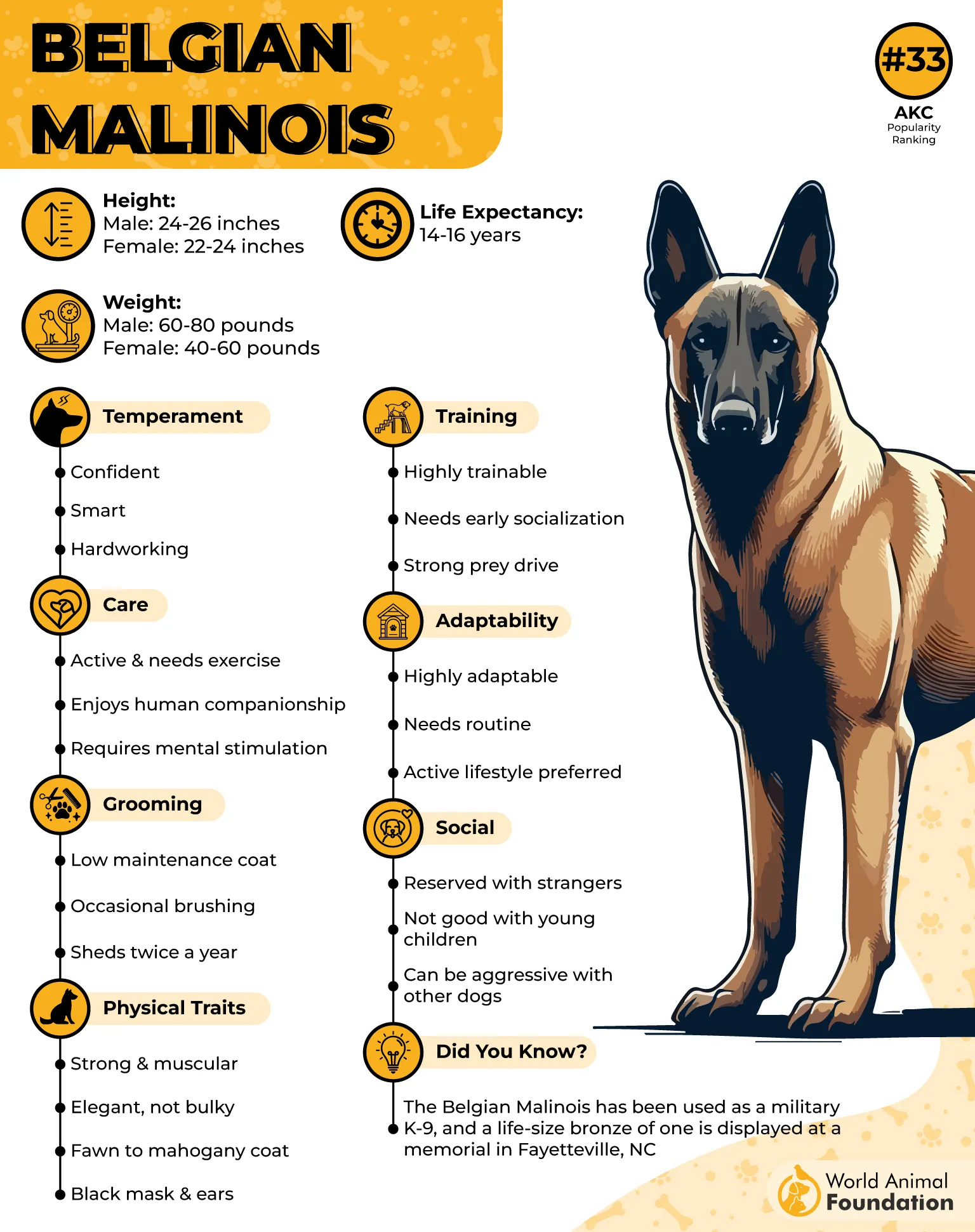
Their lean, muscular frame and piercing gaze reflect their energy and precision. You won’t find a breed more physically and mentally alert. But that also means they’re constantly scanning their environment, ready to react.
Training must be structured, consistent, and challenging. These dogs get bored easily, and boredom often leads to destructive behavior. They respond best to task-based learning and jobs that engage both body and mind.
The Belgian Malinois is not a casual companion. But for someone who can match its intensity, this breed offers unrivaled dedication, quick response, and razor-sharp focus.
3. Rottweiler
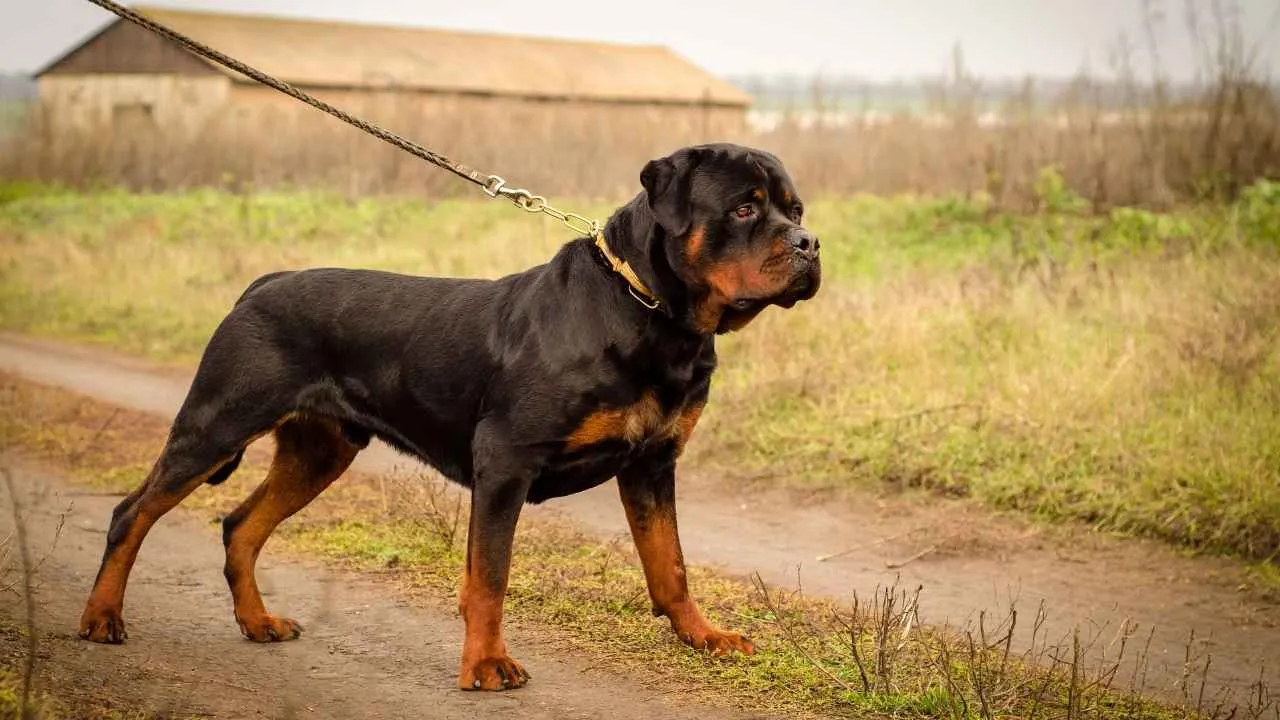
The Rottweiler is a confident, powerful breed with a natural guarding instinct—and a quick, sometimes intense, reaction to unfamiliar people or situations. While calm and controlled in familiar environments, Rottweilers always evaluate their surroundings.
Reactivity in Rottweilers comes from their role as guardians. They’re not anxious dogs, but they are quick to respond if something feels off. Their protective nature means they don’t just observe—they assess and act.
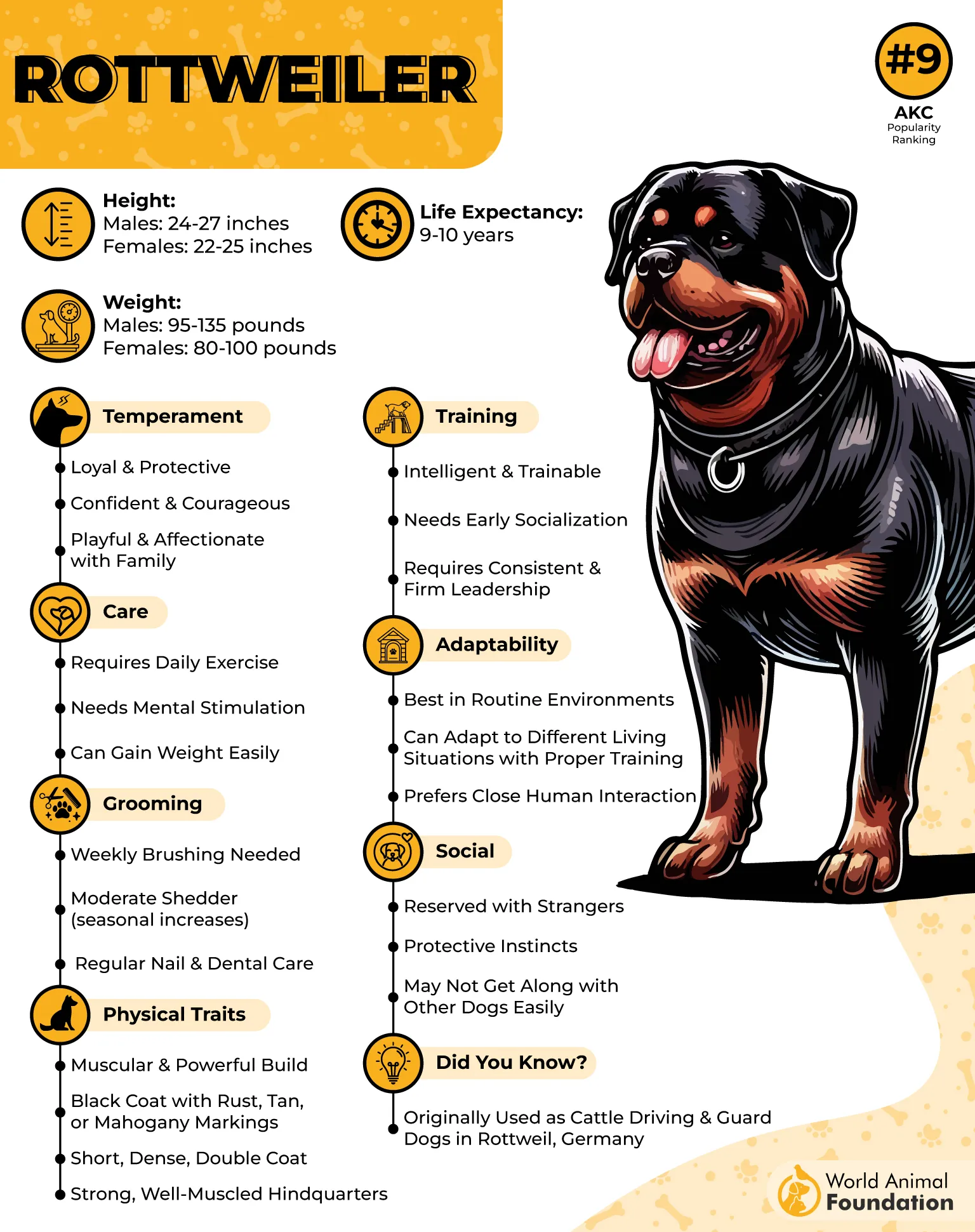
Their strong, muscular build and deep bark are often enough to make strangers pause. But behind the imposing exterior is a thinking, sensitive dog. They’re highly in tune with their humans and notice even subtle shifts in tone or posture.
Training a Rottweiler requires consistency, calm confidence, and clear boundaries. Harsh correction or inconsistent leadership can lead to anxiety or defensive behavior. With proper structure, they’re responsive, loyal, and steady.
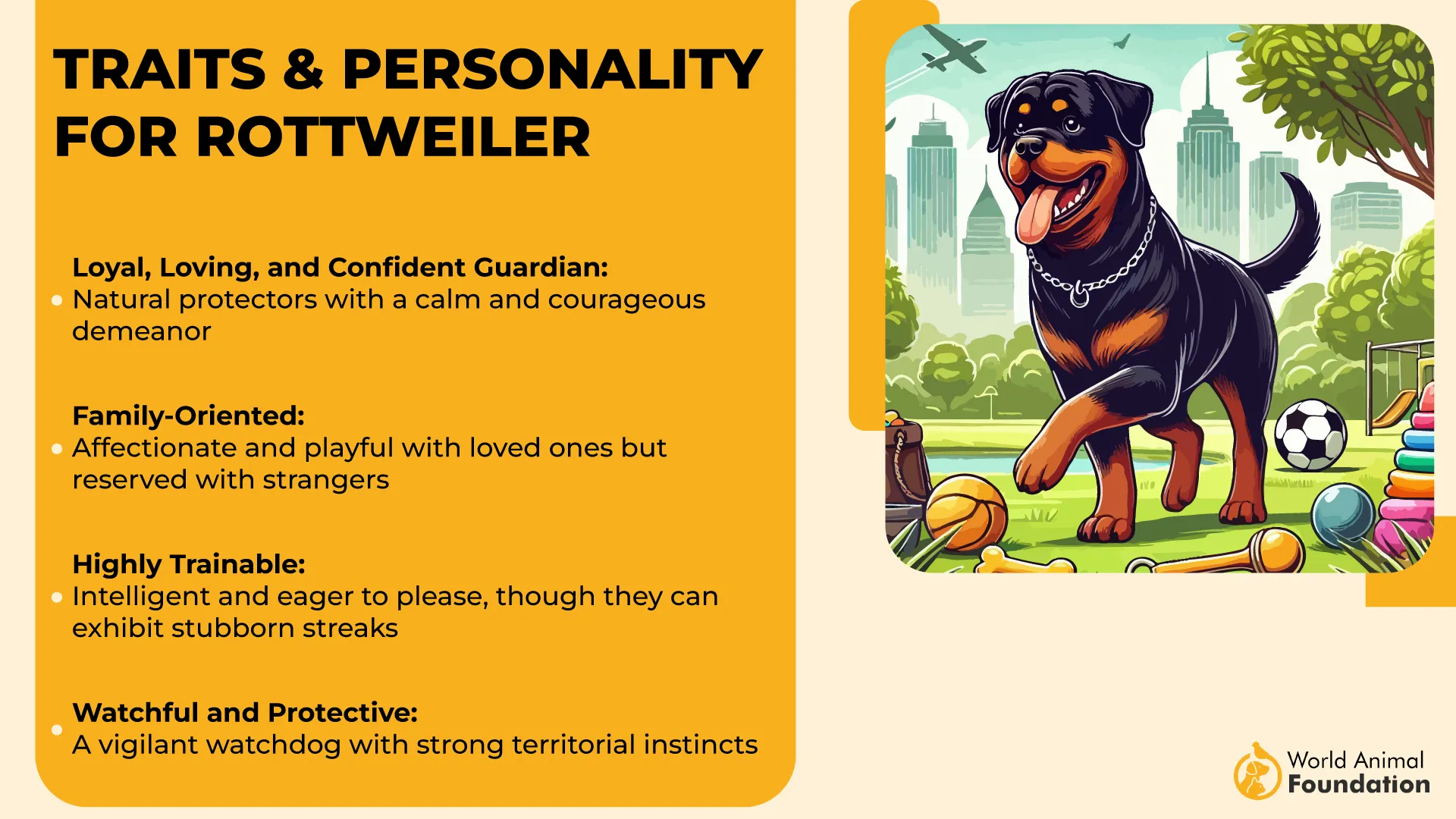
A well-socialized Rottweiler channels its reactivity into calm watchfulness. It’s a breed that thrives in a structured home, offering quiet loyalty and fierce protection when it’s truly needed.
4. Border Collie
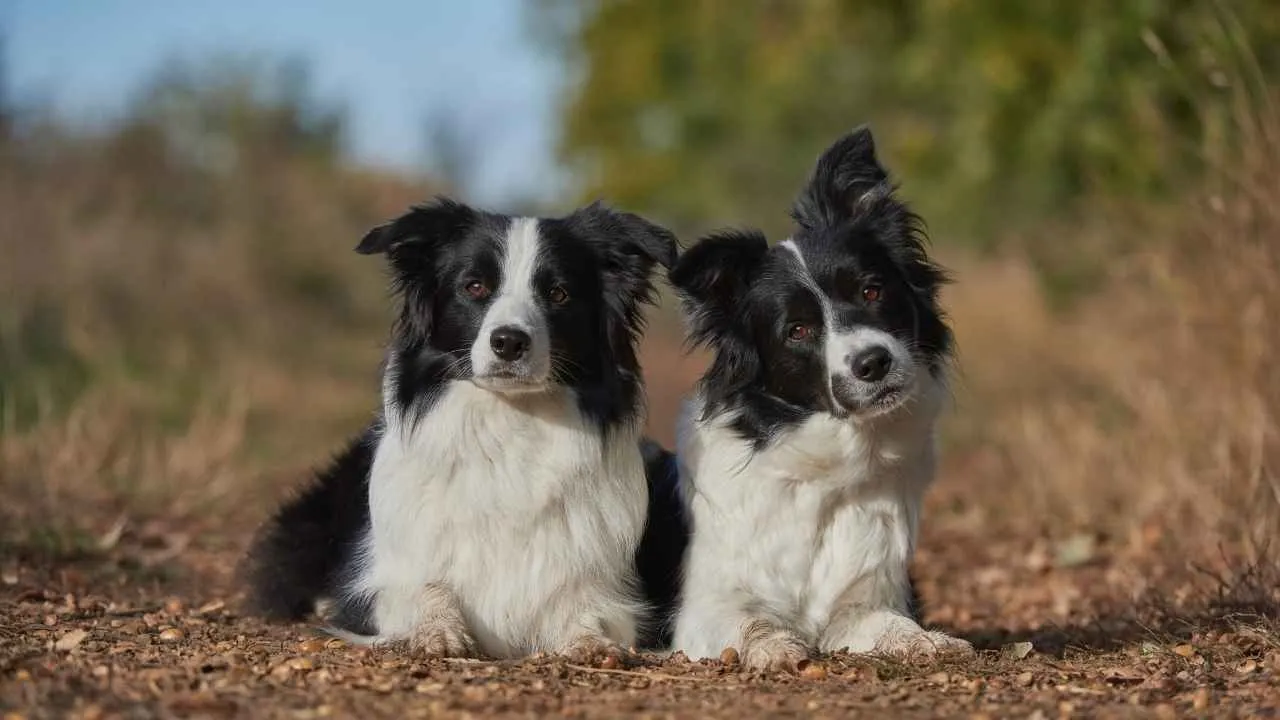
The Border Collie is often called the most intelligent dog breed, and with that brainpower comes serious reactivity. Originally bred to herd livestock, this dog is constantly scanning, calculating, and reacting to movement.
What drives its reactivity is motion sensitivity. Border Collies are hyper-aware of anything that moves. Cars, bikes, squirrels, and children are all potential “sheep” to monitor or control. This instinct can be exhausting in a busy household without proper outlets.
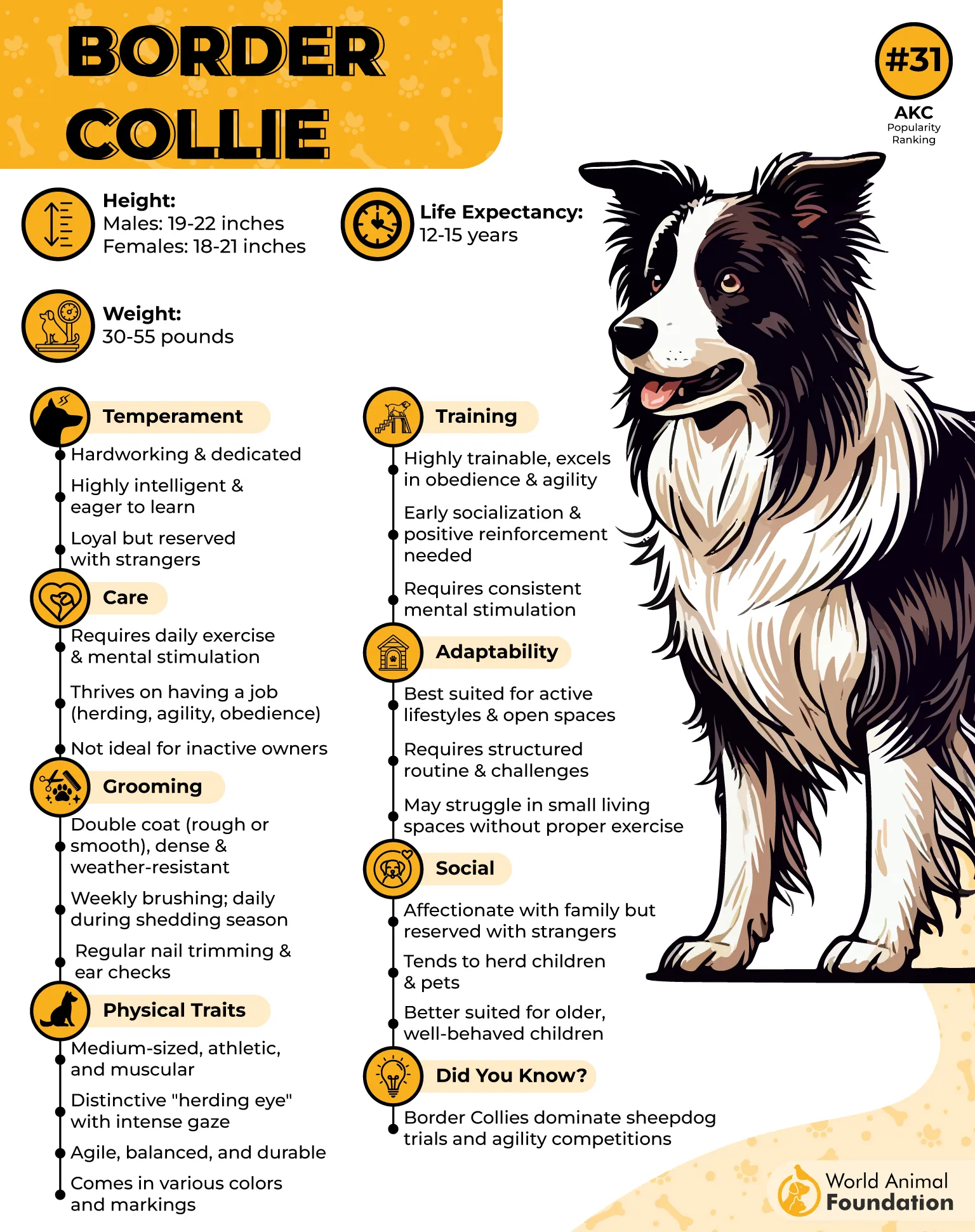
Physically agile and quick on their feet, Border Collies are always ready to spring into action. They read their environment with laser focus, and even a fluttering leaf can become an object of interest.
As per PetMD, training needs to be ongoing and mentally stimulating. Repetition bores them, and a bored Border Collie becomes anxious or obsessive. They shine in agility, scent work, or complex obedience tasks that keep their minds active.
For those who can provide direction and stimulation, the Border Collie turns its reactivity into refined skill. It’s a challenging breed—but one of the most rewarding when its energy is channeled well.
5. Cane Corso
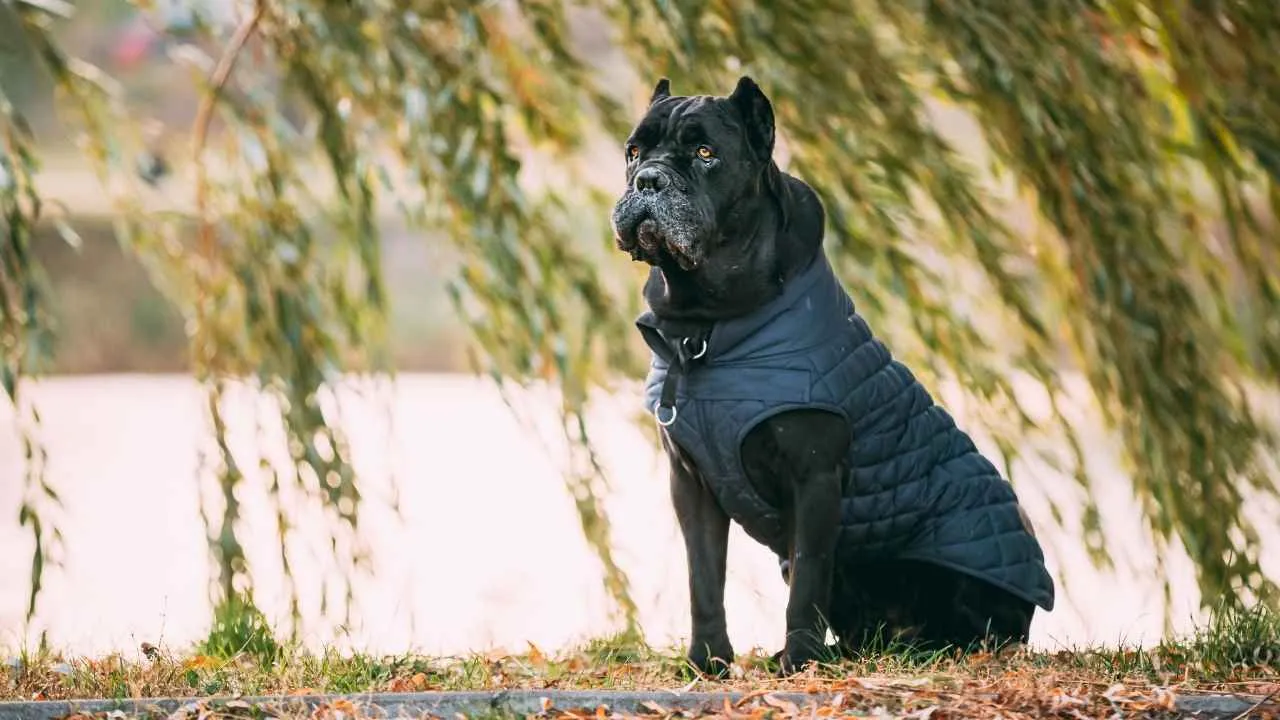
The Cane Corso is a large, powerful guardian breed with a naturally suspicious nature. It was developed in Italy to protect property and livestock, and its reactivity is deeply tied to its role as a defender.
What makes the Cane Corso reactive isn’t nervousness—it’s vigilance. They’re constantly aware of their surroundings and ready to intervene if something seems off. This makes them excellent protectors, but it also means they can become overprotective without proper guidance.
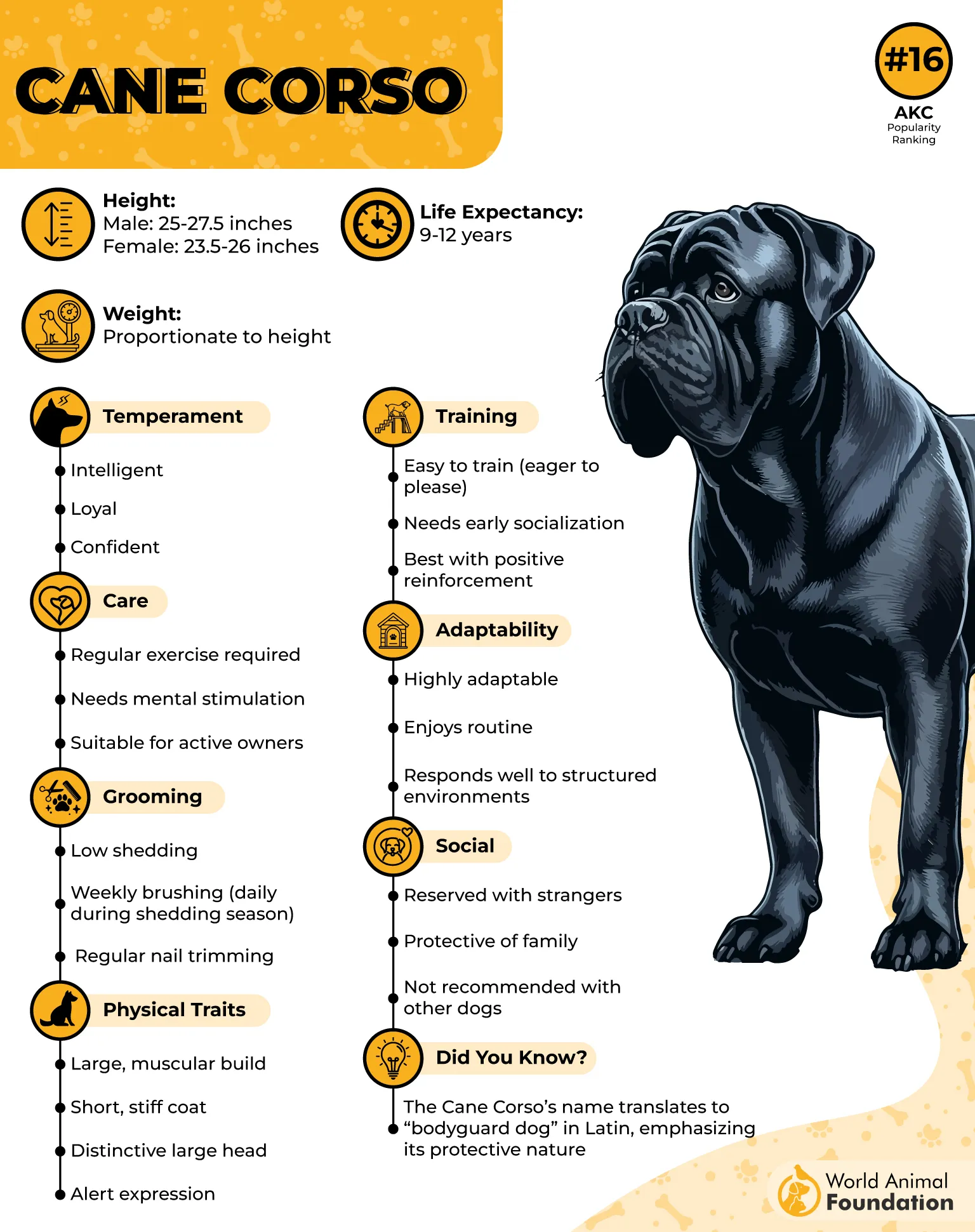
Their massive build and intense stare give them an intimidating presence. But they’re also highly emotional and deeply bonded with their family, often acting as quiet shadows at home.
Training must begin early and continue through adulthood. Cane Corsos need structure, leadership, and clear expectations. Poor socialization or inconsistent handling can turn reactivity into problematic behavior.
With the right balance of control and social exposure, a Cane Corso becomes a calm, commanding companion—watchful without being reactive, protective without being aggressive.
6. Akita
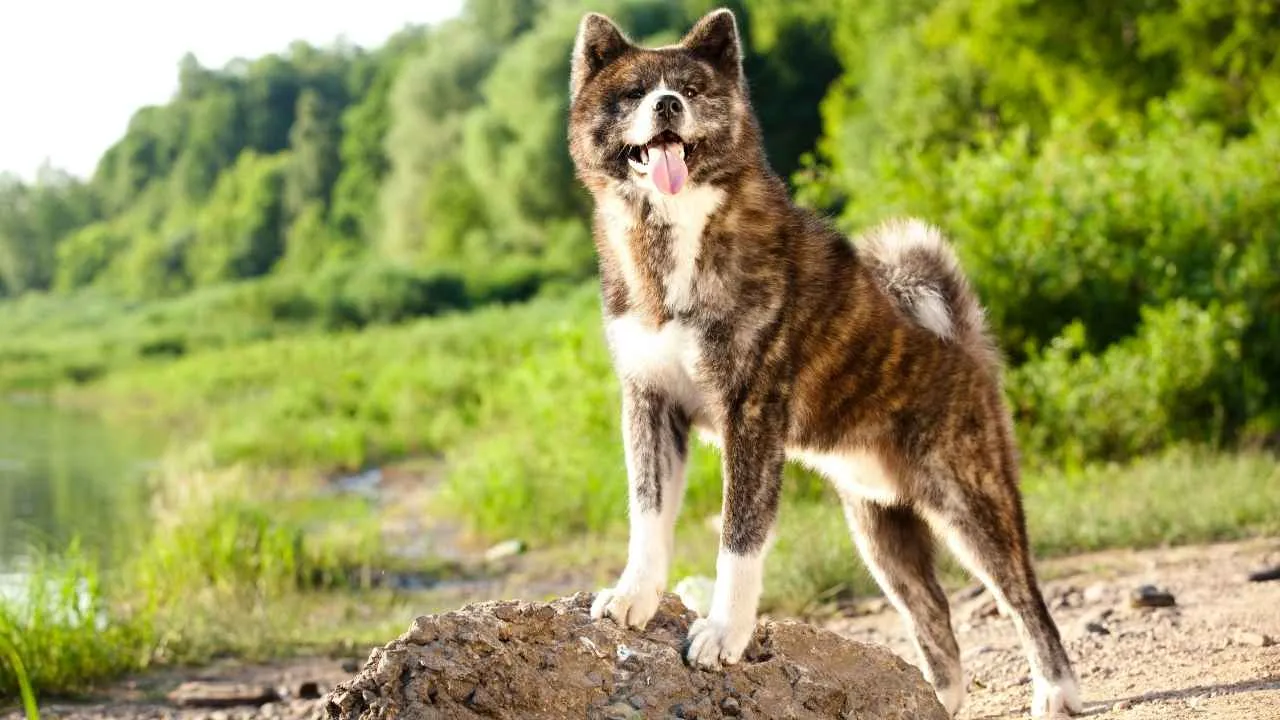
The Akita is a dignified, strong-willed breed with a deep instinct to guard. Originating in Japan, it was bred to hunt and protect, and that legacy is still evident in its reactive tendencies today.
This breed’s reactivity is tied to its strong territorial instinct. Akitas are naturally reserved with strangers and quick to pick up on tension or unfamiliar behavior, as noted by Britannica. They don’t seek conflict, but they won’t back down from it either.
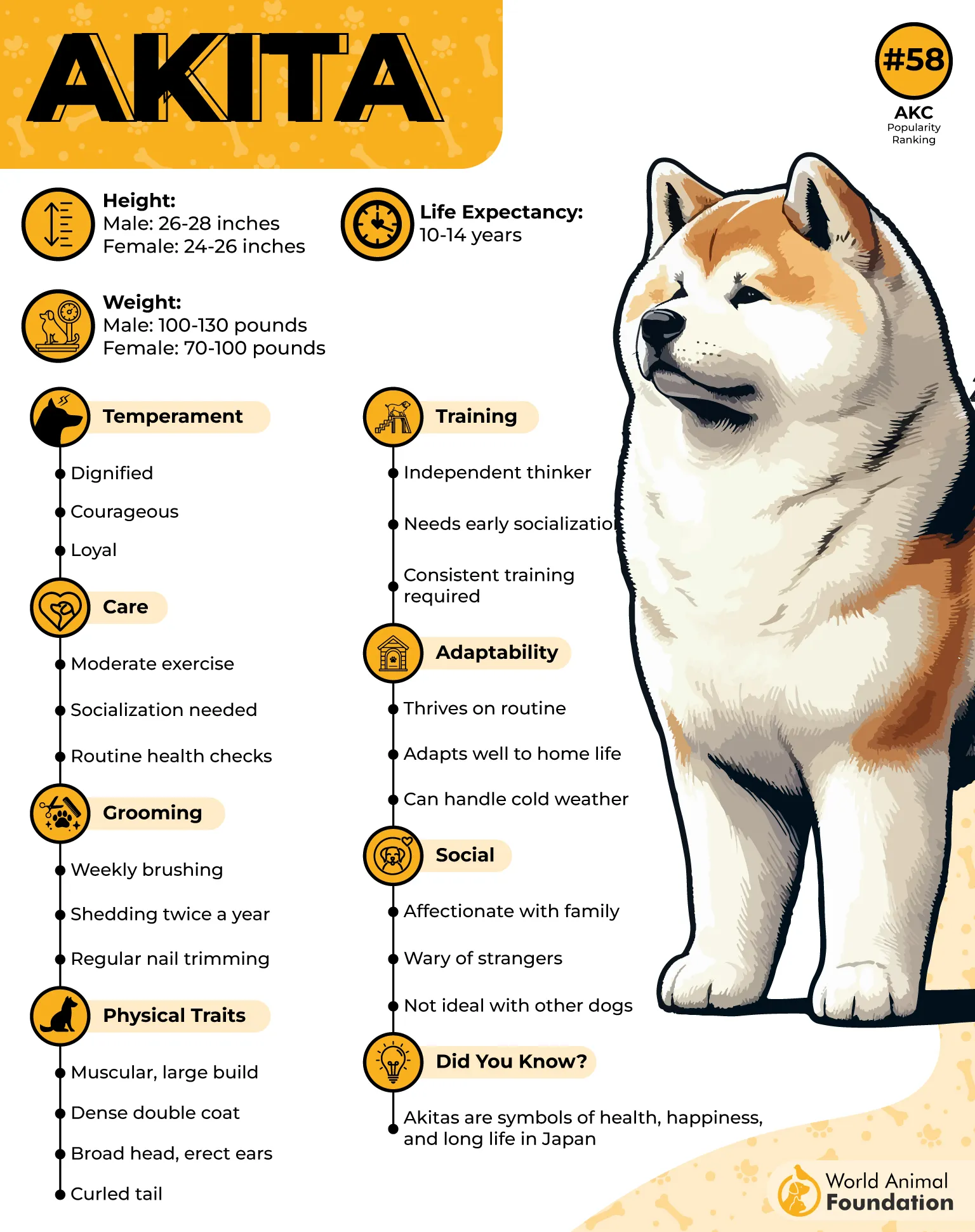
With their thick coats, sturdy frames, and solemn expressions, Akitas carry themselves with quiet authority. But beneath the calm surface is a dog constantly aware of its environment.
Training an Akita requires calm, firm consistency. They respond best to handlers who establish respect without force. Early socialization is critical to help them distinguish real threats from everyday distractions.
For experienced dog owners, the Akita offers a serious, watchful companion. Its reactivity, when shaped through training and trust, becomes quiet strength.
7. Chihuahua
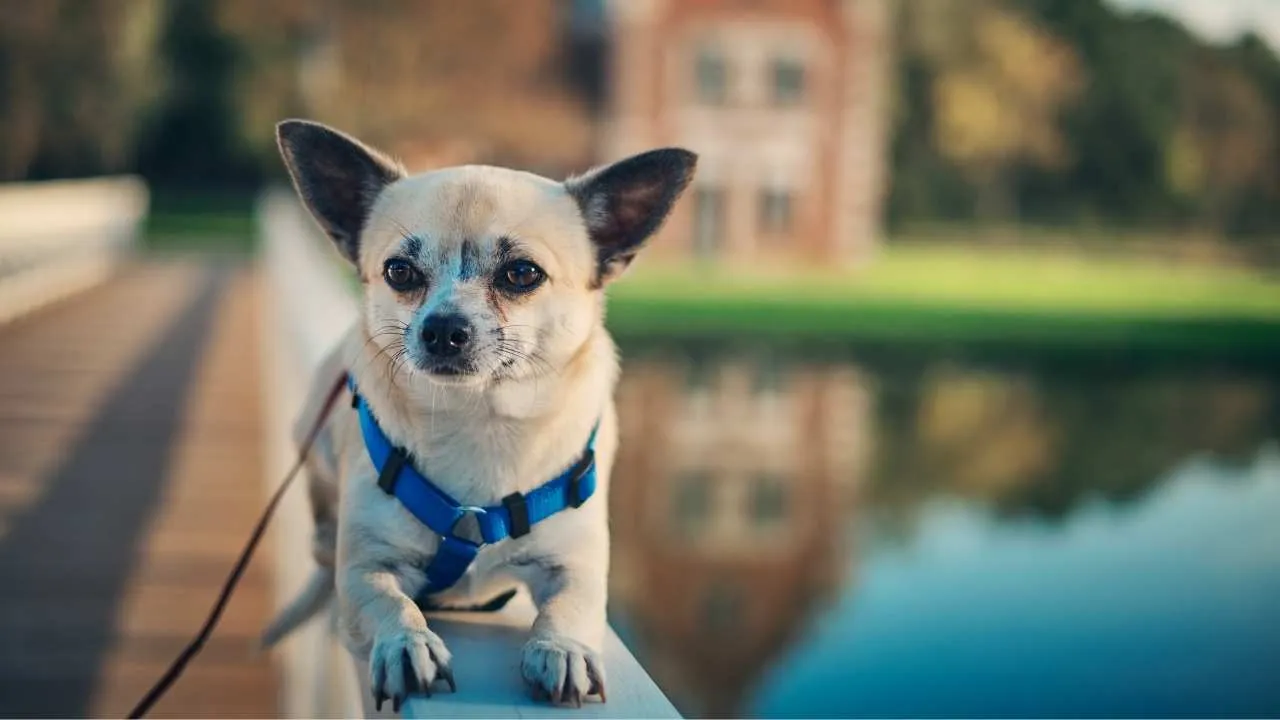
Small in size but giant in attitude, the Chihuahua is one of the most reactive companion breeds around. Its bold personality, alert nature, and quick responses make it entertaining and occasionally overwhelming.
Chihuahuas are reactive because they’re highly alert and very bonded to their humans. They notice everything—and they want you to know they noticed it. Whether it’s a knock at the door or a passing bird, they’ll respond first and ask questions later.
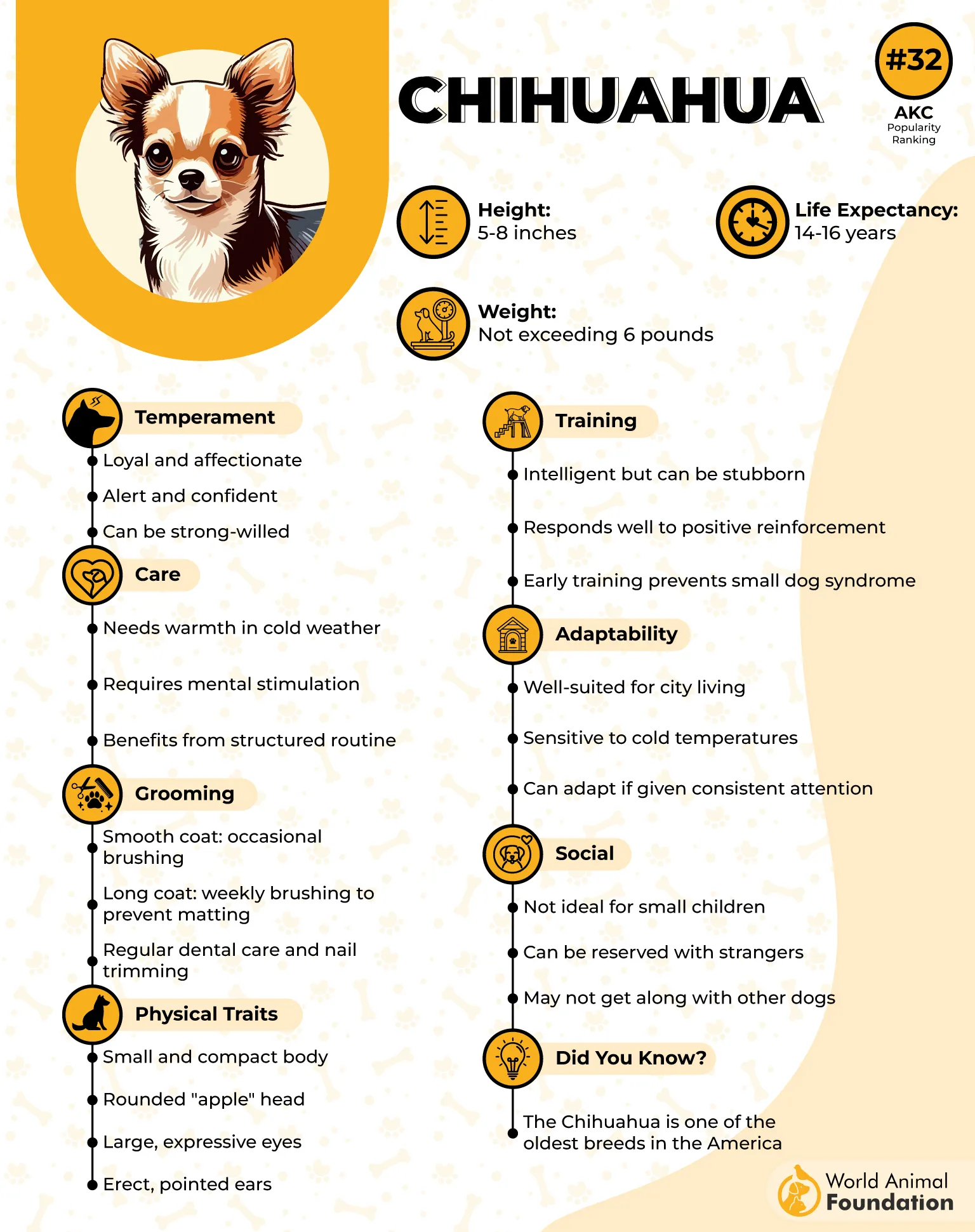
Despite their tiny size, their big-dog confidence often gets them into trouble. Their sharp eyes and quick reflexes give them the impression that they’re in charge of the household.
Training a Chihuahua is important, though often overlooked. Because they’re small, bad habits are often tolerated. But clear boundaries, early socialization, and routine can turn them into confident, well-mannered companions.
The Chihuahua is proof that reactivity doesn’t require size. Handled properly, their energy becomes alertness, not anxiety, and their loyalty is fierce and full of fire.
Conclusion
A reactive dog isn’t necessarily aggressive, but the line can blur without guidance. Dog reactivity is often misunderstood as dog aggression when it’s rooted in reactive behavior driven by a sensitive nature and a strong awareness of the environment.
Even smart breeds like British herding dogs can become over-alert or reactive toward other dogs, unfamiliar people, or sudden changes without proper socialization. Add a lack of mental stimulation, and you may see issues like excessive barking, lunging, or defensive responses.
These breeds require more than just exercise—they need daily mental and physical stimulation, from structured play to focused challenges. Reading your dog’s body language and investing in consistent dog training helps build trust, reduce aggressive behavior, and shape responsiveness into reliability.
Handled well, reactivity becomes a strength. It means your dog is alert, in tune, and ready to work with you, not against you.
Choose a highly reactive breed, and you’re choosing responsibility—but also unmatched loyalty, intelligence, and the chance to form one of the deepest bonds in the dog world.


